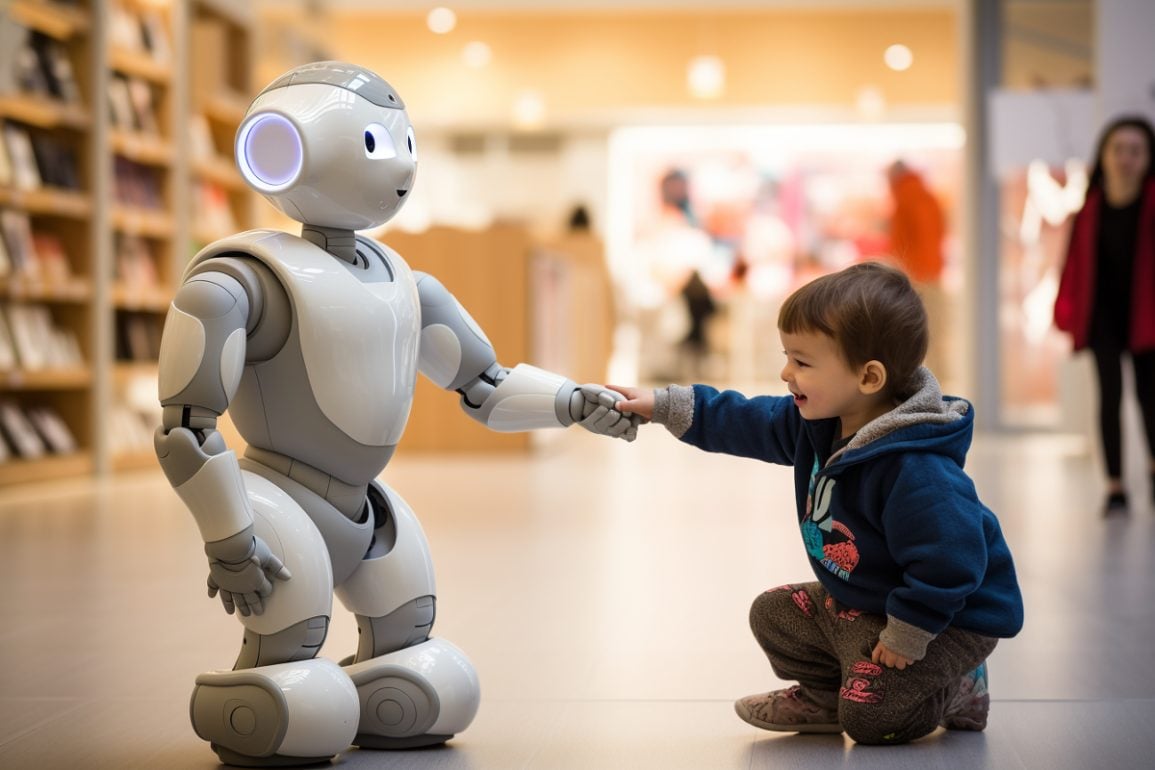 A new study explores how children aged three to five gauge the reliability of information from humans and robots. The study found that children display selective trust based on an informant's past accuracy, with younger children more likely to accept information from an inaccurate human than a robot, whereas older children distrust unreliable informants regardless of their nature.
A new study explores how children aged three to five gauge the reliability of information from humans and robots. The study found that children display selective trust based on an informant's past accuracy, with younger children more likely to accept information from an inaccurate human than a robot, whereas older children distrust unreliable informants regardless of their nature.from Neuroscience News https://ift.tt/bfgRGsV
Comments
Post a Comment